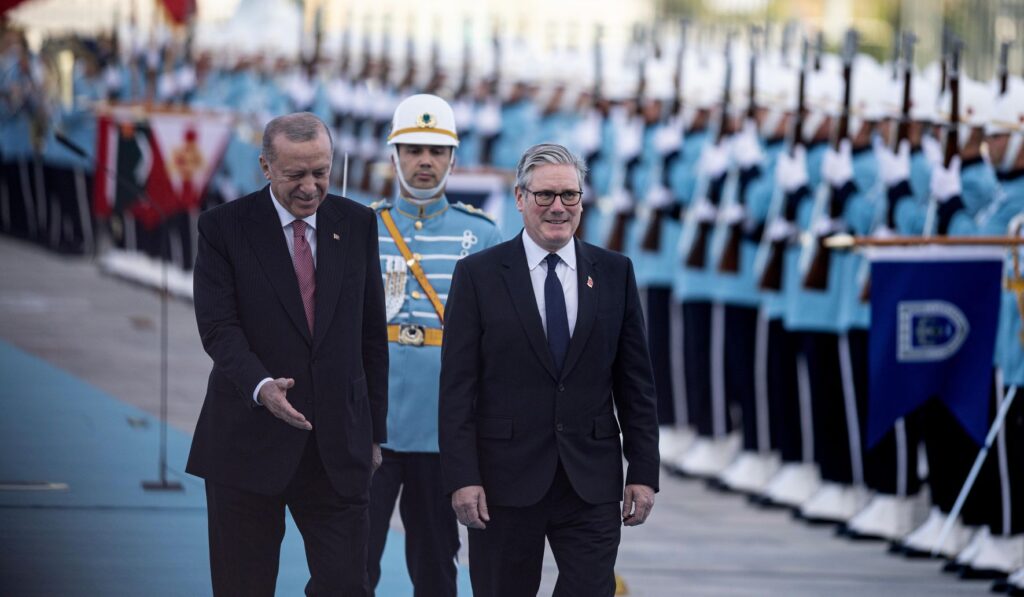Turkey’s $10.7 billion purchase of 20 British-built Eurofighter Typhoons is more than a weapons deal; it signals a major shift in Ankara’s defense posture and its relationship with Western partners. This agreement reshapes regional balance, touches NATO interoperability, and raises questions about long-term strategic alignment. The purchase also hands a win to British defense manufacturing while leaving policymakers in Washington and Brussels weighing the political and security implications.
The headline number is clear: $10.7 billion for 20 Eurofighter Typhoons, built in Britain. That scale of investment buys capability, industrial work, and political leverage, and it also sends a message about where Turkey is looking for partners. For Republican readers, the deal demands scrutiny because defense sales are never just commercial transactions; they are strategic choices with real consequences.
One immediate consequence is NATO interoperability. The Typhoon is a capable platform that can contribute to air defense and deterrence, but integrating a new fighter into Turkey’s existing force mix is complex. Training, logistics, and secure communications all matter, and those factors will determine whether this purchase strengthens collective defense or simply adds another aircraft type to manage.
Another layer is Turkey’s recent procurement history. Ankara’s decision to acquire Russian S-400 systems led to its ouster from the F-35 program and strained ties with the United States. That background makes this British deal politically loaded: it could be read as a move back toward Western suppliers, or as a pragmatic diversification of suppliers without a full return to alignment. Either way, Western capitals will watch closely for how Ankara handles interoperability, basing, and rules of engagement.
Economic factors matter to both London and Ankara. For the United Kingdom, selling high-end platforms supports jobs, sustains supply chains, and keeps the Eurofighter program viable. For Turkey, the purchase includes industrial offsets and technology transfer expectations that matter for domestic defense ambitions. Those industrial promises create long-term links, but they also create points of bargaining and potential friction if delivery schedules or transfer packages fall short.
Politically, the deal gives Ankara more autonomy in the region. Turkey already projects military power across its neighborhood, and a modern fighter fleet increases operational options. From a Republican viewpoint, that capability must be tempered by clear commitments: Turkey’s military strength should serve shared interests like deterring aggression and protecting sea lanes, not unilateral adventures that complicate U.S. or allied strategy.
A thorny practical issue will be maintenance and sustainment. High-performance fighters require steady logistics, spare parts, and secure supply chains. If political relations between Turkey and Western suppliers chill, those support chains can become leverage points. Ensuring reliable maintenance without overexposing sensitive technologies will be a delicate balancing act for all sides.
Diplomacy will shape the ultimate payoff of the sale. Britain gains influence and a foothold in Ankara’s defense planning, while Turkey gains advanced fighters and potential industrial cooperation. But both sides must manage expectations: defense deals promise security benefits and jobs, yet they also carry strings and long-term obligations that can reshape relationships for years.
Finally, this transaction will be watched by other regional actors. Rivals and partners alike will reinterpret Turkey’s capabilities, posture, and alliances in light of the Typhoons. The purchase does not lock Turkey into one camp forever, but it does shift the calculus and gives Western policymakers a clear incentive to press for consistent, predictable Turkish behavior that aligns with NATO goals and broader transatlantic security.



